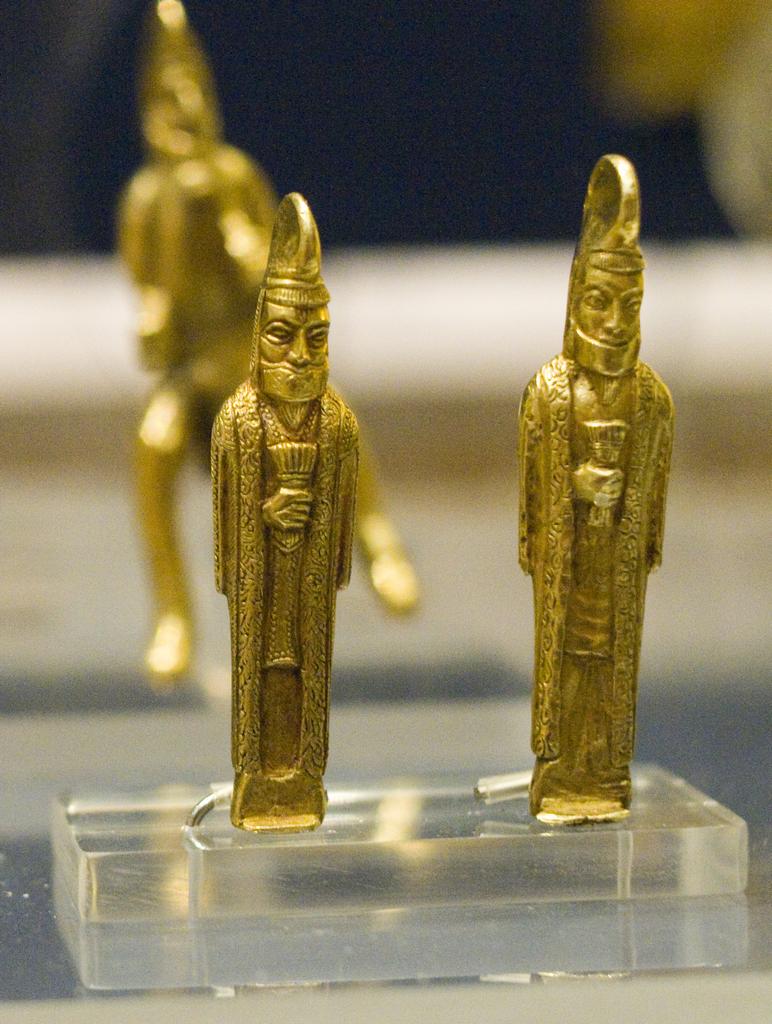|
Magi
Magi (), or magus (), is the term for priests in Zoroastrianism and earlier Iranian religions. The earliest known use of the word ''magi'' is in the trilingual inscription written by Darius the Great, known as the Behistun Inscription. Old Persian texts, predating the Hellenistic period, refer to a magus as a Zurvanism, Zurvanic, and presumably Zoroastrian, priest. Pervasive throughout the Eastern Mediterranean and West Asia until late antiquity and beyond, ''mágos'' (μάγος) was influenced by (and eventually displaced) Greek ''The Lesser Key of Solomon#Ars Goetia, goēs'' (γόης), the older word for a practitioner of magic (paranormal), magic, with a meaning expanded to include astronomy, astrology, alchemy, and other forms of esoteric knowledge. This association was in turn the product of the Hellenistic fascination for Pseudo-Zoroaster, who was perceived by the Greeks to be the Chaldean founder of the Magi and inventor of both astrology and magic, a meaning that stil ... [...More Info...] [...Related Items...] OR: [Wikipedia] [Google] [Baidu] |
Biblical Magi
In Christianity, the Biblical Magi ( or ; singular: ), also known as the Three Wise Men, Three Kings, and Three Magi, are distinguished foreigners who visit Jesus after his birth, bearing gifts of gold, frankincense, and myrrh in homage to him. In Western Christianity, they are commemorated on the feast day of Epiphany (holiday), Epiphany—sometimes called "Three Kings Day"—and commonly appear in the Nativity of Jesus, nativity celebrations of Christmas. In Eastern Christianity, they are commemorated on Christmas day. The Magi appear solely in the Gospel of Matthew, which states that they came "from the east" () to worship the "one who has been born king of the Jews". Their names, origins, appearances, and exact number are unmentioned and derive from the inferences or traditions of later Christians. In Western Christianity and Eastern Orthodox Christianity, they are usually assumed to have been three in number, corresponding with each gift; in Syriac Christianity, they ofte ... [...More Info...] [...Related Items...] OR: [Wikipedia] [Google] [Baidu] |
Magician (paranormal)
Magic, sometimes spelled magick, is the application of beliefs, rituals or actions employed in the belief that they can manipulate natural or supernatural beings and forces. It is a category into which have been placed various beliefs and practices sometimes considered separate from both religion and science. Connotations have varied from positive to negative at times throughout history. Within Western culture, magic has been linked to ideas of the Other, foreignness, and primitivism; indicating that it is "a powerful marker of cultural difference" and likewise, a non-modern phenomenon. During the late nineteenth and early twentieth centuries, Western intellectuals perceived the practice of magic to be a sign of a primitive mentality and also commonly attributed it to marginalised groups of people. Aleister Crowley (1875–1947), a British occultist, defined " magick" as "the Science and Art of causing Change to occur in conformity with Will", adding a 'k' to distinguish ce ... [...More Info...] [...Related Items...] OR: [Wikipedia] [Google] [Baidu] |
Magus
Magi (), or magus (), is the term for priests in Zoroastrianism and earlier Iranian religions. The earliest known use of the word ''magi'' is in the trilingual inscription written by Darius the Great, known as the Behistun Inscription. Old Persian texts, predating the Hellenistic period, refer to a magus as a Zurvanic, and presumably Zoroastrian, priest. Pervasive throughout the Eastern Mediterranean and West Asia until late antiquity and beyond, ''mágos'' (μάγος) was influenced by (and eventually displaced) Greek '' goēs'' (γόης), the older word for a practitioner of magic, with a meaning expanded to include astronomy, astrology, alchemy, and other forms of esoteric knowledge. This association was in turn the product of the Hellenistic fascination for Pseudo-Zoroaster, who was perceived by the Greeks to be the Chaldean founder of the Magi and inventor of both astrology and magic, a meaning that still survives in the modern-day words "magic" and " magician". In t ... [...More Info...] [...Related Items...] OR: [Wikipedia] [Google] [Baidu] |


